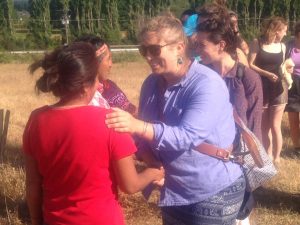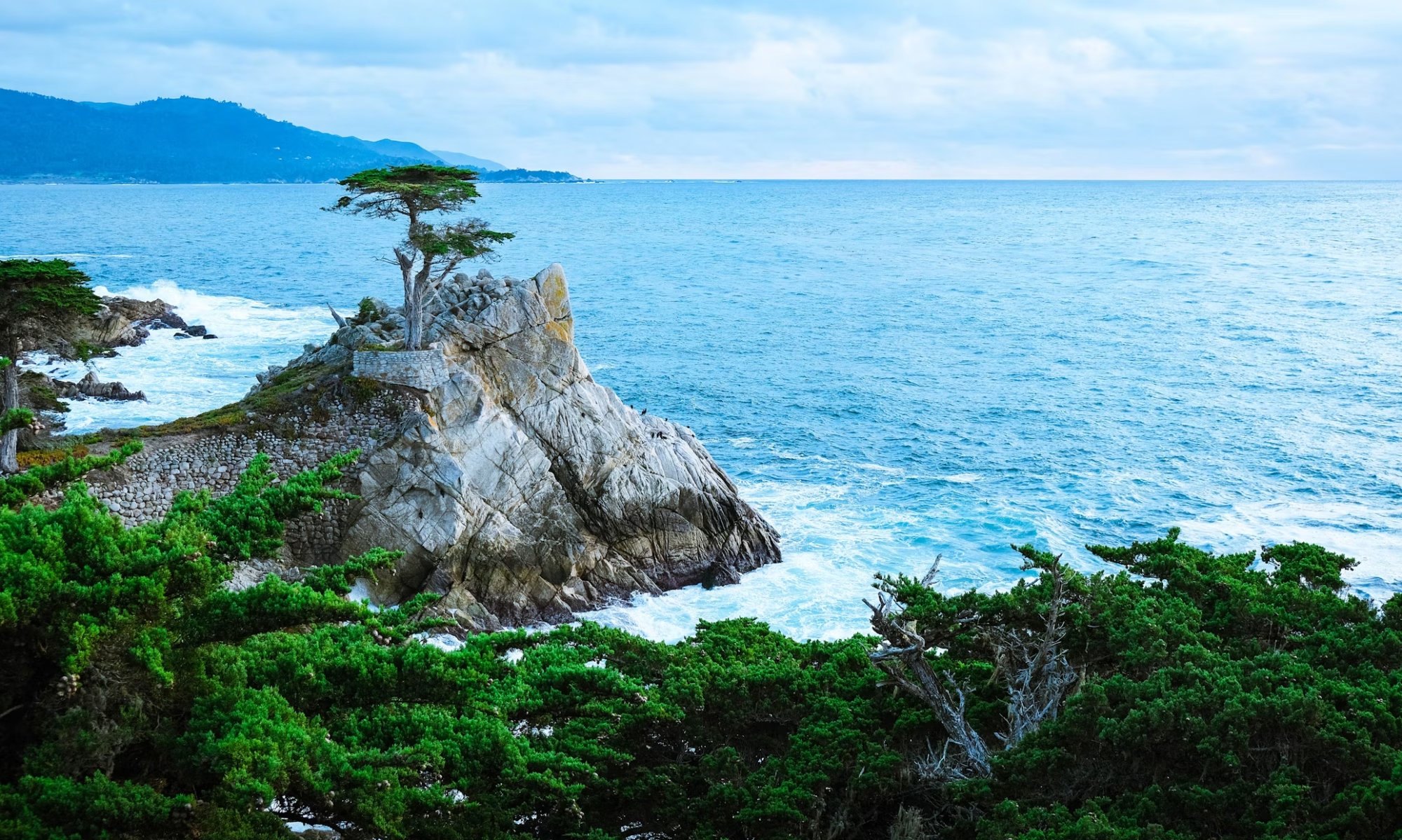J-Term Practica, 2016A Day in La Victoria
March 1, 2016

“Without memory, there is no history” and the history of La Victoria is built on memories of hardship, loss, resistance, and revolution.
Out of the many places we visited in Chile, La Victoria stood out for me the most. We heard many tragic stories stemming from Pinochet’s twenty-year dictatorship in Chile, during which 3,100 people were assassinated, 38,000 were tortured, and 1,200 people disappeared.
Spanish for the victory, La Victoria had seen its share of tragedy as a result of resisting government hostilities. I was honored to have had the opportunity to hear some of the horrific stories as we toured the small town, some of which left my head spinning. The town was born in the spirit of revolution, as struggling Chilenos in the fifties would stake a claim on government land.
Avenida 30 de Octubre, named after the town’s founding date, is covered in murals, each as powerful as the next. Seemingly every wall bears images
paying homage to well-known political revolutionaries, victims of
the dictatorship, and to those around the world fighting for what they
believe is right.
Although the coup d’etat that put Pinochet in power occurred over 40 years in the past, the resulting trauma remains current. The collective trauma suffered by the people in La Victoria not only altered the landscape of the town, in continues to contribute to its individual and unique culture.
The most striking visual I recall from La Victoria is sitting in the small town’s playground, which also serves as a memorial to the murdered, assassinated, and disappeared, or asesinados, ejecutados, and the desaparecidos, or themurdered, assassinated, and disappeared people ranging from 1973-1986. About a dozen names are listed in the background of a swing set and slide, where children play. The memorial is just simply part of the landscape of this unique town, a constant reminder of their fight against injustice.
This juxtaposed image leads me to question what parents tell their children about their family members, neighbors, and fellow Chilenos who fought against the government, and in the most extreme cases, lost their lives. I imagine that the children of La Victoria are curious, as all children are, about their surroundings and must ask a lot of questions. I am told that
how the difficult subject is discussed depends on the parents and teachers. More than any other region, the children of La Victoria experience the residual trauma because of the storied past of the town.
After my visit to La Victoria, I am inspired by the frankness by which the citizens of this interesting town cope with their collective trauma. The thing that has resonated with me the most from our visit is the importance of memory. How does passing a traumatic memory from one generation to the next heal that trauma? When I asked our host, Polo, about the importance of memory, he stated that memories are what become culture. In La Victoria “culture is what is tangible” and the healing seems to come from honoring their fight against an unfair regime, and the consequences they continue to bear because of it.
In front of our host’s headquarters there is a sign saying, “si no nos dejan soñar; no los dejaremos dormir” or in English, if you won’t let us dream, we won’t let you sleep. An appropriate slogan for La Victoria.




You must be logged in to post a comment.